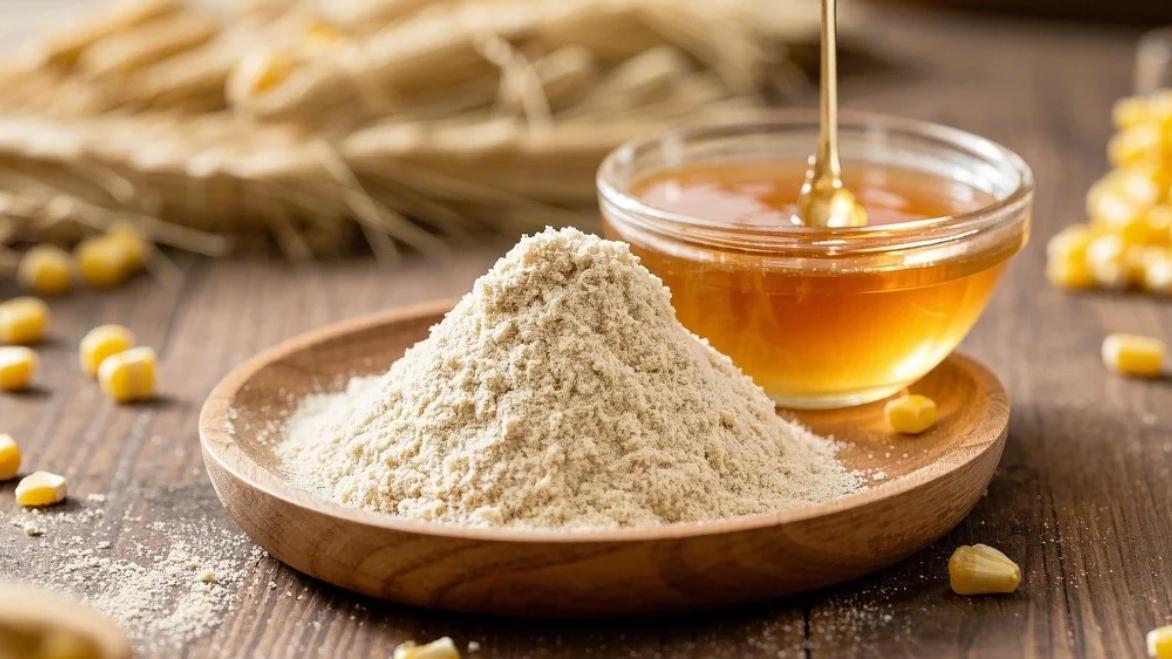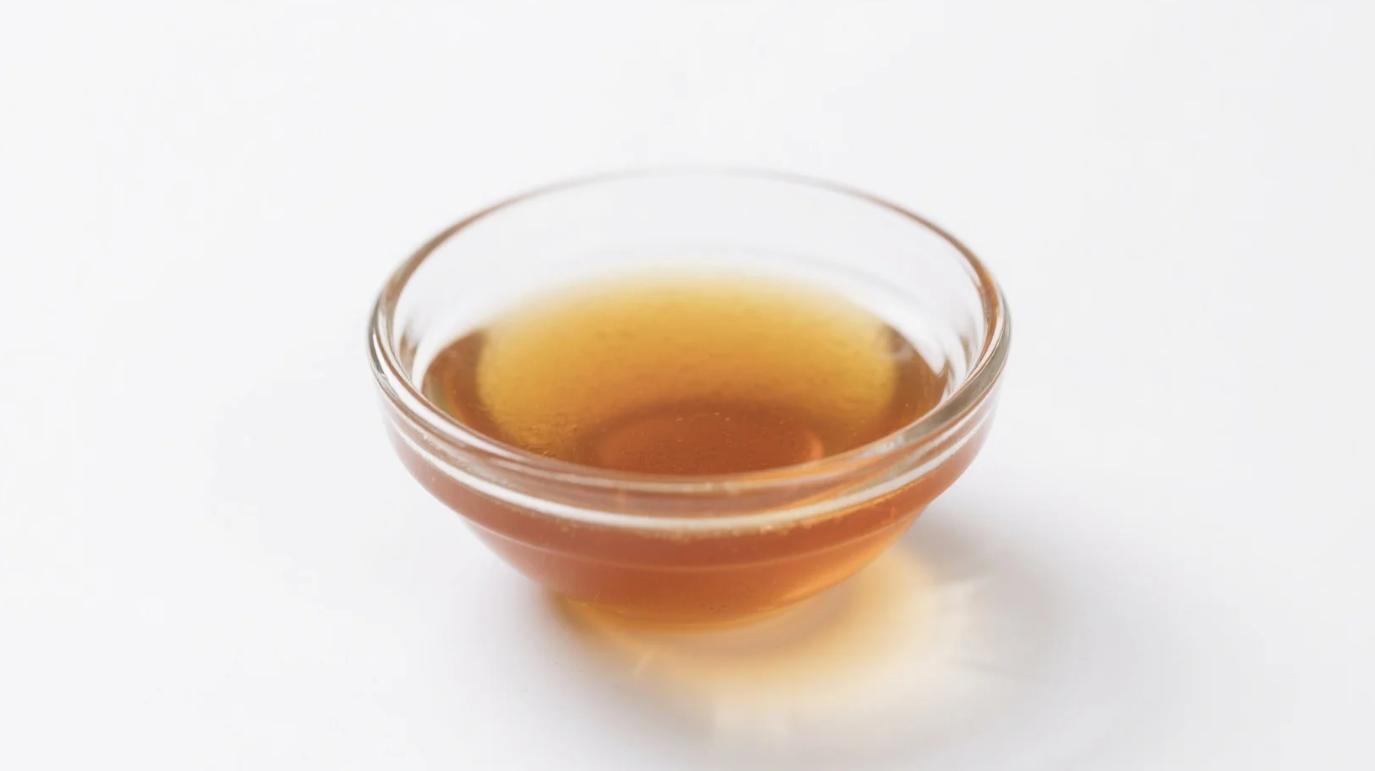A Sweetener by Any Other Name
Known as organic malt syrup, barley malt syrup, malt extract, or even grain honey, this amber-hued liquid has been a staple in global kitchens for millennia. Today, it’s reclaiming its spotlight as a clean-label sweetener under aliases like maltose syrup, diastatic malt, and sprouted grain syrup. Whether you call it nature’s molasses or brewers’ gold, one truth remains: this nutrient-dense, slow-carb sweetener is rewriting the rules of health-conscious cooking, baking, and brewing.

1. What is Organic Malt Syrup? Decoding the Aliases
1.1 The Basics
Organic malt syrup (also malt extract syrup, barley malt nectar, or sprouted malt concentrate) is made by sprouting organic barley or wheat, then mashing, boiling, and reducing the liquid to a thick, viscous syrup. Its production preserves:
- Enzymes: Diastase (amylase) breaks down starches into digestible sugars.
- Nutrients: B vitamins (B2, B3, B6), iron, magnesium, and potassium.
- Prebiotic Oligosaccharides: Feeds beneficial gut microbes.
1.2 Global Lexicon of Malt Syrup
- Japanese: Mizuame (水飴) – a clear variant used in wagashi (traditional sweets).
- Chinese: Mai Ya Tang (麦芽糖) – often made from wheat or glutinous rice.
- Middle Eastern: Dibs el-Shaeer – a barley-based syrup in Levantine cuisine.
- European: Malt Extrakt (German), sirop de malt (French), or melassa de malte (Portuguese).
2. Health Benefits: More Than Just a Sweetener
2.1 Blood Sugar Balance
- Low Glycemic Index (GI 40–55): Releases glucose slowly, making it a safer choice for diabetics vs. sucrose (American Journal of Clinical Nutrition).
- Chromium Content: Enhances insulin sensitivity.
2.2 Digestive & Gut Health
- Diastatic Power: Enzymes aid starch digestion, reducing bloating.
- Prebiotic Fiber: Nourishes Bifidobacterium and Lactobacillus strains.
2.3 Nutrient Density
- Iron: 10% DV per tablespoon – combats fatigue.
- Magnesium: Supports muscle recovery and nerve function.
3. Culinary Applications: A Global Pantry Staple
3.1 Baking & Confectionery
- Alias: Bakers’ Malt
- Bagels: Brushed on dough for glossy, chewy crusts.
- Vegan Cookies: Replaces honey 1:1 in oatmeal raisin recipes.
3.2 Fermentation & Brewing
- Alias: Brewers’ Syrup
- Beer: Fuels yeast in organic IPAs and stouts.
- Miso & Soy Sauce: Accelerates koji fermentation.
3.3 Savory & Sauces
- Alias: Umami Syrup
- Teriyaki Glaze: Mix with tamari, ginger, and garlic.
- BBQ Sauce: Adds caramel depth without refined sugar.
3.4 Beverages
- Alias: Herbal Sweet
- Golden Milk: Sweetens turmeric-lattes with earthy notes.
- Kombucha: Feeds SCOBY for fizz without overpowering flavor.
4. Sustainability: From Regenerative Farms to Zero-Waste Kitchens
- Carbon Farming: Organic barley crops sequester 0.5 tons of CO2/acre annually (Rodale Institute).
- Upcycled Byproducts: Spent grains become livestock feed or biodegradable packaging.
- Eco-Packaging: Sold in reusable glass jars or compostable pouches.
5. Buying Guide: Labels to Look For
- Certifications: USDA Organic, EU Organic, Non-GMO Project Verified.
- Variants:
- Diastatic Malt Syrup (active enzymes for baking).
- Non-Diastatic Malt Syrup (neutralized enzymes for sweetness only).
- Dark vs. Light Malt: Choose dark for robust flavor, light for delicate recipes.
6. Success Stories: Innovators Harnessing Malt Syrup
6.1 “BrewCraft” Organic Beer Co. (USA)
- Alias Used: Maltose Syrup
- Innovation: Replaced corn syrup in gluten-free beers with organic barley malt syrup.
- Result: Won “Best Organic Brew” at 2023 Great American Beer Festival.
6.2 “ZenBistro” Vegan Bakery (Japan)
- Alias Used: Mizuame
- Innovation: Switched refined sugar to barley-derived mizuame in matcha mochi.
- Result: 40% sales spike from health-conscious millennials.
7. The Future: Malt Syrup 2.0
- Functional Blends: Adaptogenic Malt (syrup + reishi or ashwagandha for stress relief).
- Climate-Adaptive Grains: Drought-resistant organic barley strains in development.
The Sweet Alchemy of Tradition & Innovation
Whether you know it as organic malt syrup, barley nectar, or malt extract, this ancient-modern sweetener is a testament to sustainability and culinary versatility. From Tokyo’s wagashi artisans to Brooklyn’s craft brewers, its many names unite under one mission: to sweeten life without compromising health or the planet.
Recommended Product
Organic Malt Syrup
Natural Sweetener & Functional Ingredient for Food, Beverage, and Health Products
